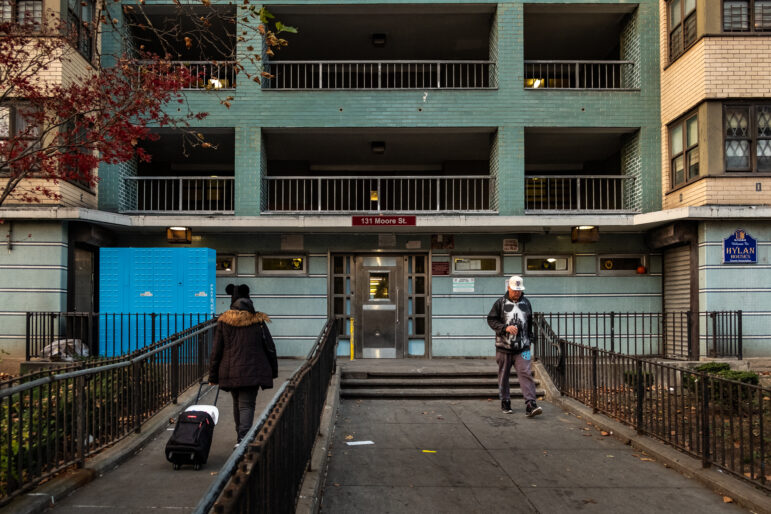
BLS
One nasty feature of the 2007-2008 recession was the high number of people who were out of work for a really long time. The good news, according to the Bureau of Labor Statistics, is that the number of people who are long-term unemployed is dropping. The bad news is that it’s still a big number.
“Five years after the Great Recession ended, the number of long-term unemployed still made up a larger share of unemployment than during any previous recession,” reads a BLS report.
BLS defines long-term unemployment as a spell that lasts 27 weeks or more. The bureau also looks at the number of long-term unemployed out of work for 52 and even 99 weeks.
There are obvious reasons long-term unemployment is of particular concern: the longer you’re out of work, the more likely you’re going to run out of unemployment benefits, exhaust your savings, fall behind on your rent or mortgage and so on. There are subtler dangers, too. Long gaps in employment taint a resume, can erode the value of contacts you made when you were employed and can degrade workers’ skills. There are effects on family life. And people coming out of a long-term spell of unemployment tend to end less.
The number of people out of work for 27 weeks or longer hit 6.7 million—some 45 percent of the total unemployed population—in the second quarter of 2010. A year later, the share of the unemployed out of work for 52 weeks or more hit 31.9 percent, and in the last quarter of 2011 the peak in the share of unemployed out of work for 99 weeks or more hit a peak of 15.1 percent.
All three numbers have come down since then. In the last quarter of 2014, 2.8 million people—or 31.6 percent of the unemployed population—were out of work for more than 27 weeks.
BLS finds that blacks, Asians and older Americans were more likely to be long-term unemployed. Interestingly, one’s level of education didn’t affect the risk of long-term unemployment. New York State has among the higher levels of long-term unemployment as a percentage of overall unemployment.









One thought on “Long-Term Unemployment Still Very High”
Tell me about it. It’s been 7 years since I had a full-time job, and let me tell you, the $8000 pittance I managed to earn in this crappy Cape Cod tourist town isn’t nearly enough to live on!